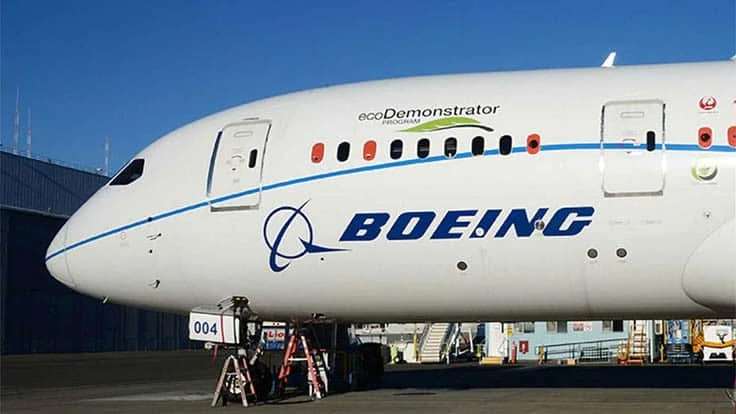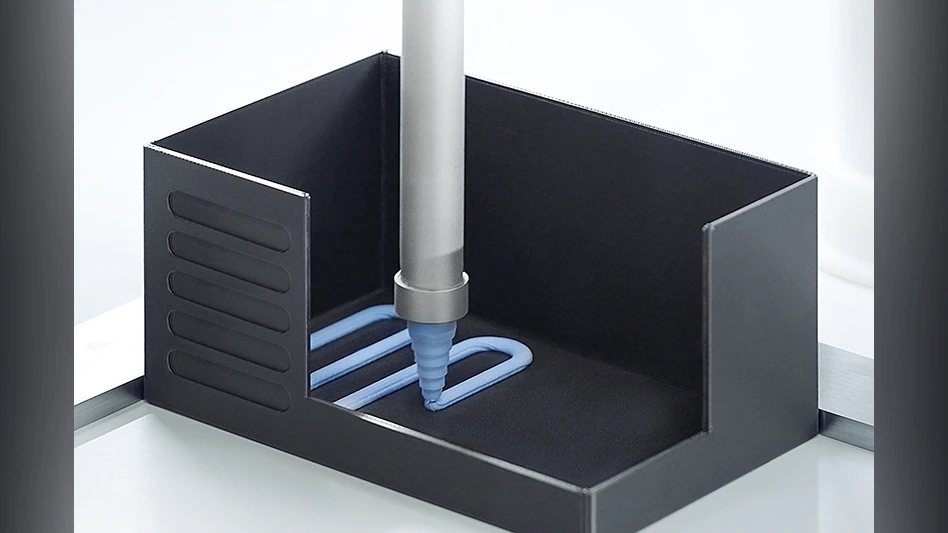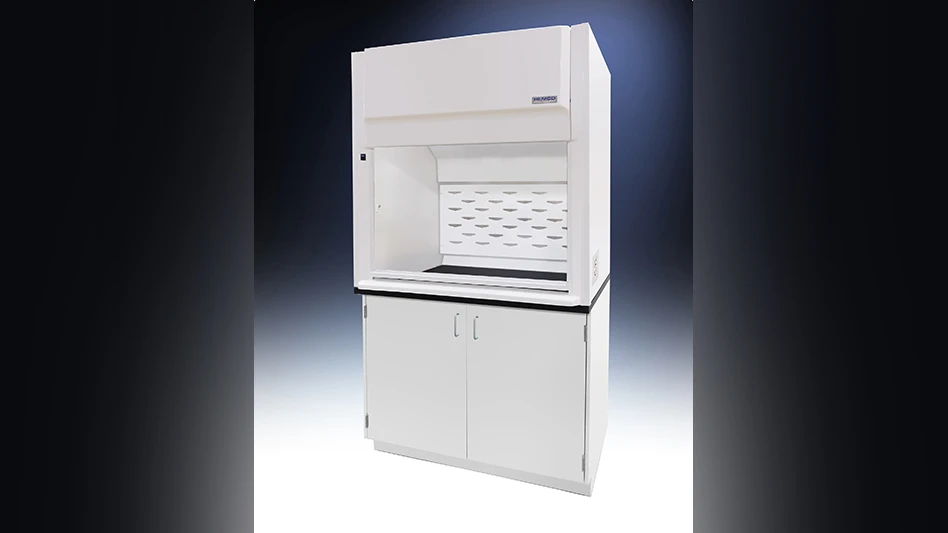
Boeing
Boeing is setting an ambitious target to advance the long-term sustainability of commercial aviation, committing that its commercial airplanes are capable and certified to fly on 100% sustainable aviation fuels by 2030. Boeing has previously conducted successful test flights replacing petroleum jet fuel with 100% sustainable fuels to address climate change.
According to the Air Transport Action Group, U.S. Department of Energy, and several other scientific studies, sustainable aviation fuels reduce CO2 emissions by up to 80% throughout the fuel's life cycle with the potential to reach 100% in the future. Today, sustainable aviation fuels are mixed directly with conventional jet fuel up to a 50/50 blend – the maximum allowed under current fuel specifications. To meet aviation's commitment for reducing carbon emissions by 50% from 2005 levels by 2050, airplanes need the capability to fly on 100% sustainable aviation fuels well before 2050.
"Our industry and customers are committed to addressing climate change, and sustainable aviation fuels are the safest and most measurable solution to reduce aviation carbon emissions in the coming decades," said Boeing Commercial Airplanes President and CEO Stan Deal. "We're committed to working with regulators, engine companies, and other key stakeholders to ensure our airplanes and eventually our industry can fly entirely on sustainable jet fuels."
Boeing's commitment is to determine what changes are required for its current and future commercial airplanes to fly on 100% sustainable fuels, and to work with regulatory authorities and across the industry to raise the blending limit for expanded use.
"With a long history of innovation in sustainable aviation fuels, certifying our family of airplanes to fly on 100% sustainable fuels significantly advances Boeing's deep commitment to innovate and operate to make the world better," the company’s Chief Sustainability Officer Chris Raymond said. "Sustainable aviation fuels are proven, used every day, and have the most immediate and greatest potential to reduce carbon emissions in the near and long term when we work together as an industry."
Boeing worked with airlines, engine manufacturers, and others to conduct biofuel test flights starting in 2008 and gain approval for sustainable fuels in 2011. In 2018, the Boeing ecoDemonstrator made the first commercial airplane flight using 100% sustainable fuels with a 777 Freighter, in collaboration with FedEx Express.
Sustainable aviation fuels can be made from a wide variety of feedstocks, including non-edible plants, agricultural and forestry waste, non-recyclable household waste, industrial plant off-gassing and other sources. Third-party organizations such as the Roundtable on Sustainable Biomaterials assure sustainability certification.
Latest from Aerospace Manufacturing and Design
- 2024 Favorites: #9 Article – 5 tips for upskilling your aerospace machinists
- 2024 Favorites: #9 News – Siemens acquires Altair Engineering
- 2024 Favorites: #10 Article – How 3D-printed aviation parts can accelerate return to air
- 2024 Favorites: #10 News – Boom Supersonic completes Overture Superfactory
- OMIC R&D hosts Supporting Women in Manufacturing Day 2024
- 4D Technology's AccuFiz SWIR interferometer
- Seventh Lockheed Martin-built GPS III satellite launches
- KYOCERA AVX's CR Series high-power chip resistor





